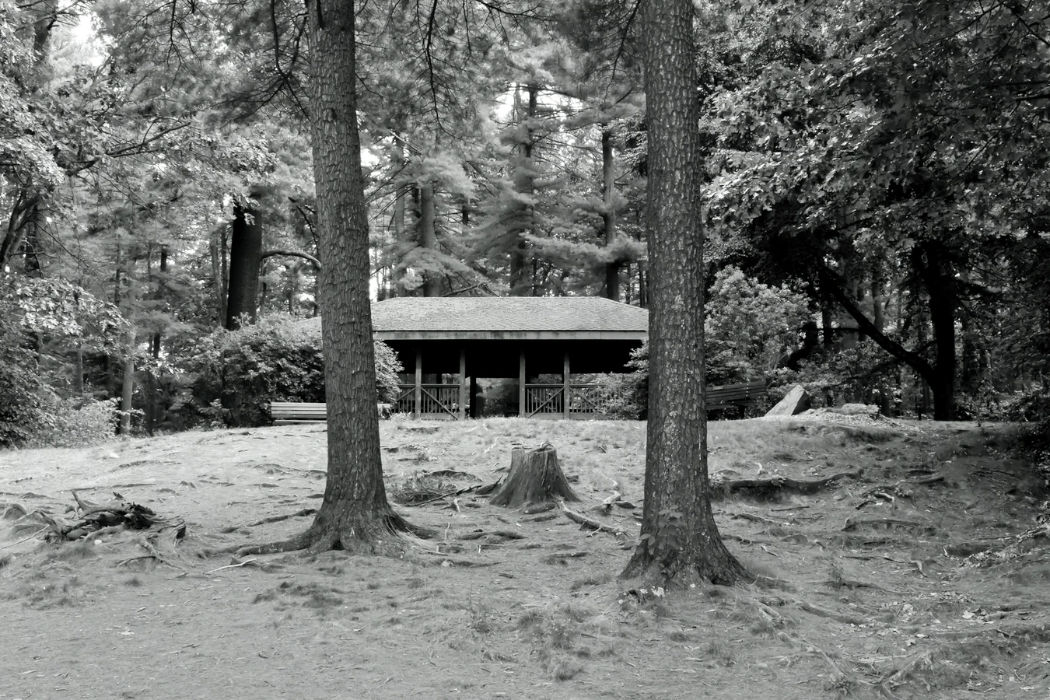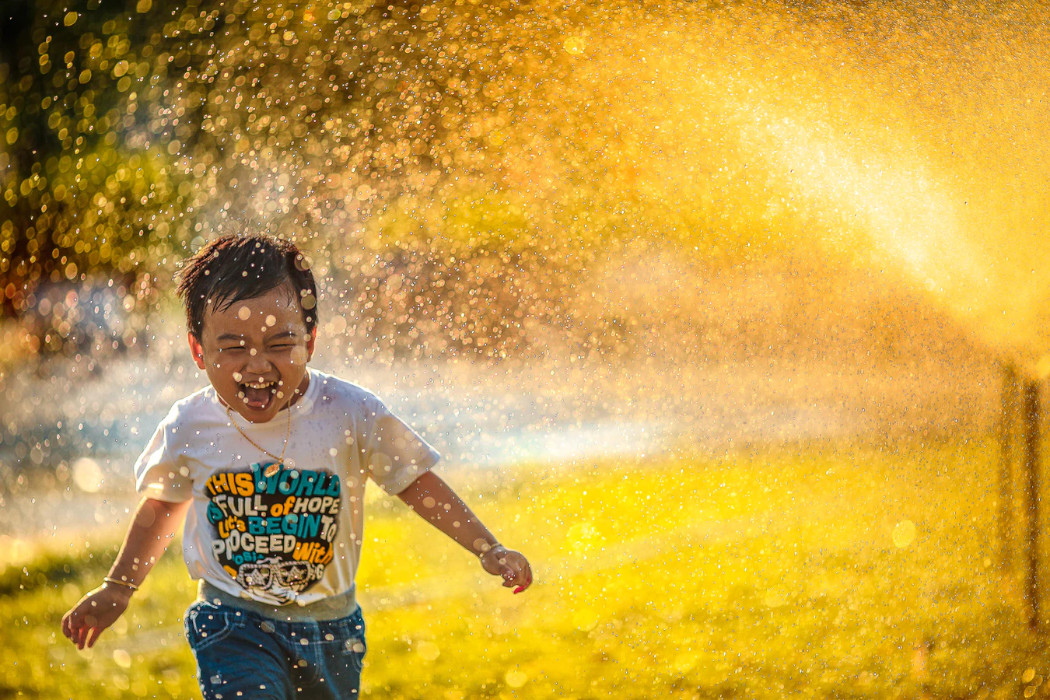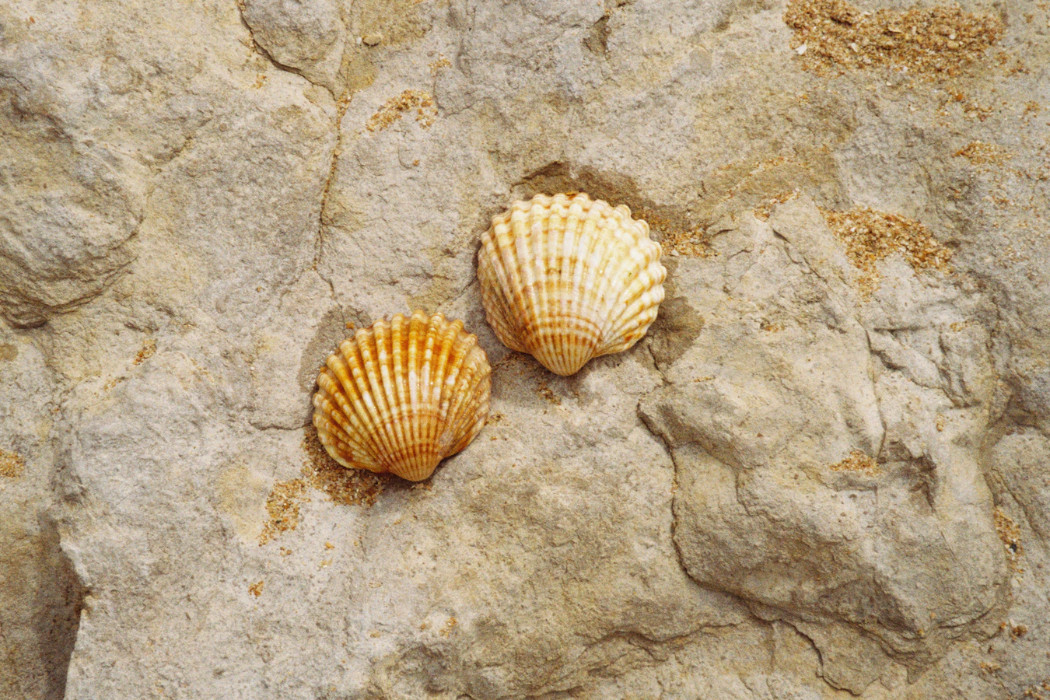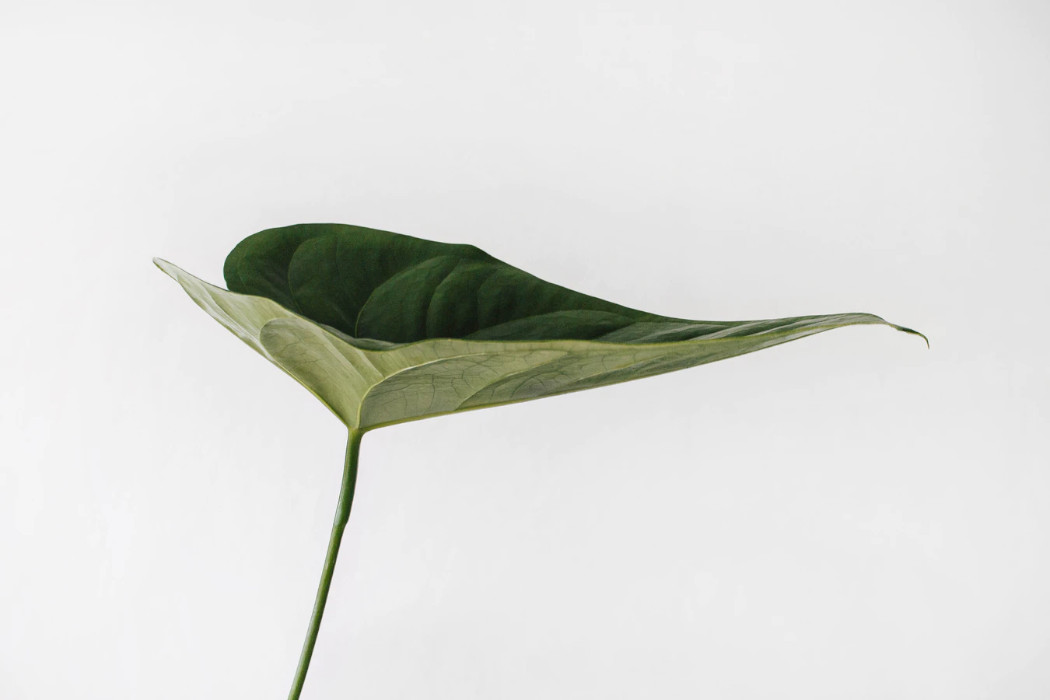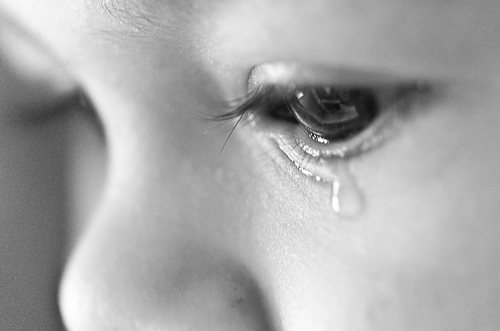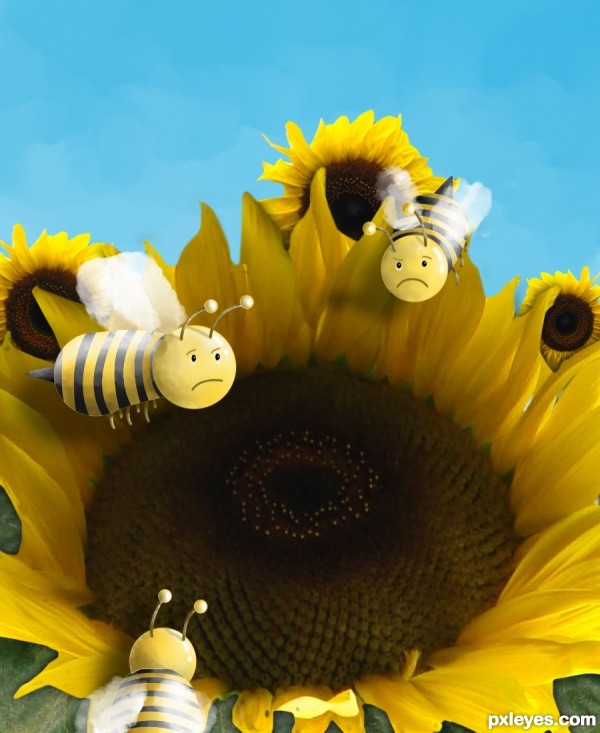About the Poet
Carol Ann Duffy is a Scottish poet and playwright. Carol was born in Glasgow on
December 23, 1955, attended the Roman Catholic primary and middle schools and Stafford Girls’ High school. She was appointed Britain’s poet laureate in the year 2009. She was the first woman and the first openly LGBT person to hold that prestigious position. The social issues of violence, oppression, and gender hold a predominant position in her poetry. Her major works include poetry collections, books for children, and plays.
The Dolphins: Summary
“World is what you swim in, or dance, it is simple.
We are in our element but we are not free.
Outside this world you cannot breathe for long.
The other has my shape. The other’s movement
forms my thoughts. And also mine. There is a man
and there are hoops. There is a constant flowing guilt.”
This poem is a dramatic monologue written from the perspective of a dolphin, which remembers its previous life of freedom and joy in the ocean and compares it with its present life of confinement and monotony in an artificial pool. In its dramatic monologue, the dolphin explains the meaning of the ‘world’ where they can swim and dance. The dolphins are inside their ‘element’ water, but they still feel confined and restricted. The feeling of being shackled overpowers their sense of imprisonment even though they are in water outside, which they cannot breathe. They no longer experience the freedom that they used to enjoy in the ocean.
The dolphin looks at another dolphin whose restricted movements, shape, and thoughts are the
same as him- “The other has my shape. / The other’s movements form my thoughts”. They are both distressed at the idea of how others control their lives. The dolphin then goes on to talk about the man who makes them jump through hoops. “There is a man and there are hoops” suggests how the dolphin is enslaved and demanded to perform on orders. The “constant flowing guilt” mentioned by the dolphin could be the guilt of the trainer who makes them perform tricks against their will and traps them in a superficial environment away from their natural habitat.
“We have found no truth in these waters,
no explanations tremble on our flesh.
We were blessed, and now we are not blessed.
After traveling such space for days we began
to translate. It was the same space. It is
the same space always and above it is the man.”
Even though dolphins are extremely sentient creatures, the artificial pool fails to offer any truth.
Being artificially created, it lacks the true essence of the sea. A dolphin’s skin is susceptible
to the changes in its environment, but there is absolutely “no explanation” and no information to
guide them to the sense of this new world.
The deep regret and sheer distress felt by the dolphins at their present condition are explicitly stated in the line, “We were blessed, and now we are not blessed.” However, they try to adapt to their new home. They ‘translate’ their mindset into acceptance of their new lives. However, they took ‘days’ to get used to the idea that they will not be living a carefree and joyful life in the pool like they used to live in the ocean. There is nothing new happening in their lives. They only tend to find dullness and monotony in the ‘same space always.’ It is the same space, i.e., it is will water that surrounds us, but, in reality, it is still not the same. “Above it is the man” also directs us to the idea that no matter how freely the dolphins had lived once, they are now controlled by man. It denotes the superiority of man.
“And now we are no longer blessed, for the world
will not deepen to dream in. The other knows
and out of love reflects me for me.
We see our silver skin flash by like memory
of somewhere else. There is a colored ball
we have to balance till the man has disappeared.”
In this stanza, the struggles of the dolphin is addressed with a sense of collective voice and mutual
feelings. There is a sense of understanding, companionship, and commonness between the dolphins surviving together in the pool- “The other knows/ and out of love reflects me for myself. They try to reduce their pain and suffering by collectively dealing with the situation and being there for each other. They are willing to find a way to help each other in their misery. The dolphins recollected their memory of the sea when the natural sunlight reflected off their skin, producing a silvery appearance.
But now it just seems like a distant dream of ‘somewhere else’. Recovering from the powerful
nostalgia, the dolphin remembers that it has to balance a colored ball until the man who
gives the commands goes away. This is a clear indication of the controlling and dominating nature of human beings.
“The moon has disappeared. We circle well-worn grooves
of water on a single note. Music of loss forever
from the other’s heart which turns my own to stone.
There is a plastic toy. There is no hope. We sink
to the limits of this pool until the whistle blows.
There is a man and our mind knows we will die here.”
This stanza intensifies the sense of hopelessness and desolation in the lives of the dolphins. The
dolphins live in such a dark and confined world where the moon seems to have disappeared. In their world, moon has been replaced by the ‘colored ball.’ A sense of monotony and drabness is created as the dolphin just circles around water movements on a ‘single note.’ When the dolphin hears its other companions mourning their loss of freedom, it fills his heart with despair. It turns his heart to stone. The dolphin is sympathetic towards its companions.
There is no hope left for them. They “sink to the limits of this pool” until the whistle blows, and they have to resume their meaningless task of performing tricks. The use of the word ‘limits’ suggests the number of limits and restrictions imposed on them. There is a man to train and control them, and they have somehow come to the conclusion that they are eventually going to die here, in the pool.
You can also refer to The Dolphins: Analysis here.
Some online learning platforms provide certifications, while others are designed to simply grow your skills in your personal and professional life. Including Masterclass and Coursera, here are our recommendations for the best online learning platforms you can sign up for today.
The 7 Best Online Learning Platforms of 2022
- Best Overall: Coursera
- Best for Niche Topics: Udemy
- Best for Creative Fields: Skillshare
- Best for Celebrity Lessons: MasterClass
- Best for STEM: EdX
- Best for Career Building: Udacity
- Best for Data Learning: Pluralsight

